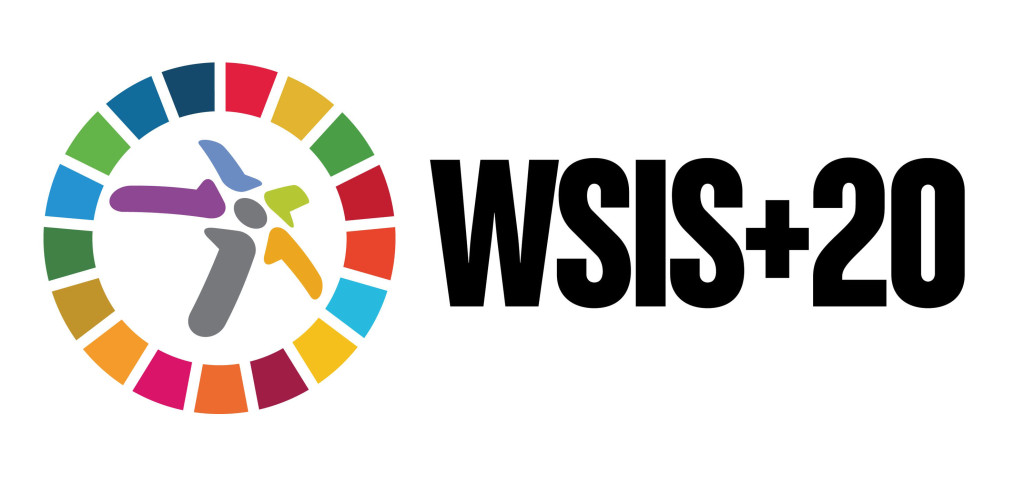Wikimedia Germany calls for stronger role of knowledge commons in WSIS+20 outcomes
In its submission to the WSIS+20 Zero Draft consultations, Wikimedia Germany urged UN member states to strengthen commitments to open knowledge, multilingualism, human rights, and accountability. The organisation called for ‘knowledge commons’ like Wikipedia and Wikidata to be explicitly recognised as part of the digital public goods ecosystem.

Wikimedia Germany has welcomed the publication of the WSIS+20 Zero Draft, describing it as a strong foundation for advancing inclusive, open, and rights-based digital development. In a written submission to the UN co-facilitators, the organisation, representing over 113,000 members, praised the transparent consultation process and outlined several recommendations to ensure that the WSIS+20 outcomes deliver on the vision of a fair and participatory digital future.
Support for digital public goods and multilingual access
Wikimedia Germany expressed strong support for the Zero Draft’s language on digital public goods (DPGs), open-source software, and open content, noting that Wikipedia itself is officially recognised as a DPG. The submission welcomed the document’s focus on multilingualism and digital divides, highlighting that Wikipedia’s presence in over 300 languages demonstrates the potential of multilingual digital spaces to advance the sustainable development goals.
The organisation also praised the reaffirmation of human rights in the draft, especially the commitment to refrain from internet shutdowns, unlawful surveillance, and censorship. These, Wikimedia Germany noted, are essential protections for volunteer-driven platforms that depend on freedom of expression and open access to information.
Recognition of knowledge commons
However, the organisation urged the co-facilitators to go further by explicitly recognising knowledge commons, such as Wikipedia, Wikidata, and Wikimedia Commons, as critical digital public infrastructure. Wikimedia argued that these collaborative projects embody the WSIS vision by combining open licensing, volunteer work, and shared digital resources to expand equitable access to knowledge.
It recommended that Action Line C3 of the WSIS framework be strengthened and renamed as an Action Line on Access to Information, Knowledge, and the Digital Commons to better reflect the evolving importance of open and community-based knowledge ecosystems.
Multistakeholder participation and inclusion
Wikimedia Germany reaffirmed support for the multistakeholder model but cautioned that some national-level strategies in the draft remain ‘overly state-centric.’ It urged recognition of volunteers and knowledge communities as independent stakeholders entitled to meaningful participation in policymaking processes. The submission warned against ‘exclusionary double structures’ that sideline non-governmental contributors, advocating instead for open and inclusive decision-making.
Human rights and safeguards for collaboration
Wikimedia called on negotiators to preserve the strong human rights language in the Zero Draft and to make it operational by ensuring that legal frameworks protect collaborative, volunteer-based projects. It warned that overly restrictive regulation could unintentionally undermine freedom of expression, privacy, and open licensing, the foundations of participatory online knowledge creation.
Accountability and follow-up
The organisation welcomed the proposed monitoring and review mechanisms but stressed that WSIS+20 must avoid the pitfalls of other global processes, such as the Global Digital Compact, where stakeholder input has not always translated into concrete action. Wikimedia called for clear accountability frameworks, transparent follow-ups, and sustainable funding for underrepresented groups and volunteers to maintain inclusive participation.
Conclusion
In closing, Wikimedia Germany urged the WSIS+20 co-facilitators to explicitly recognise knowledge commons alongside digital public goods, preserve human rights protections, and embed mechanisms for accountability and transparency.
‘Collaborative projects like Wikipedia show how open digital infrastructure can advance equity and access to knowledge for everyone,’ the submission concluded. ‘ To realise the WSIS vision, the outcome must safeguard openness, inclusion, and meaningful participation in the digital age.


